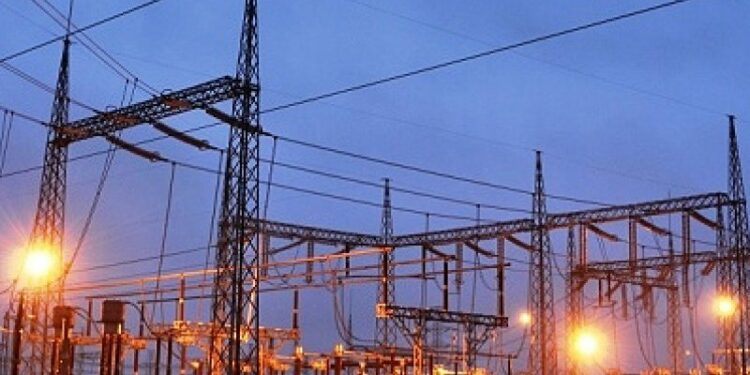Dumsor Levy Comes into Force Today as Government Targets Energy Sector Stabilisation
The implementation of the revised Energy Sector Levy (Amendment) Act, 2025 (Act 1141), popularly referred to as the Dumsor Levy (D-Levy), officially takes effect today, Wednesday, July 16, 2025.
The new levy regime, which was previously postponed, is now being enforced by the Ghana Revenue Authority (GRA) following the government’s directive. The delay, according to government sources, was to allow for the monitoring of global fuel market trends and to safeguard recent gains in domestic fuel price stability.
Authorities indicate that the implementation of the amended law follows extensive stakeholder consultations, particularly with the Ministries of Finance and Energy, alongside a thorough review of prevailing macroeconomic conditions.
“The revised levy is expected to contribute significantly to stabilising the economy by addressing the persistent funding shortfalls in the energy sector,” a senior official at the Ministry of Finance told NorvanReports on condition of anonymity.
The amendments to the Energy Sector Shortfall and Debt Repayment Levy (ESSDRL) include increases in the rates applied to various petroleum products. The government maintains that the revised rates are crucial to raising additional revenue needed to settle legacy debts in the energy sector and support urgent infrastructure investments.
The D-Levy remains a key component of the broader energy sector recovery strategy, which seeks to improve liquidity among sector players and restore financial sustainability across the power value chain.
Analysts have warned, however, that the implementation of the revised levy could result in marginal upward pressure on fuel prices, despite the current relative stability.
Nonetheless, government officials have downplayed the risk of significant price hikes, assuring the public that the expected impact has been cushioned by the recent downward trend in global crude oil prices and the relatively stable cedi.
The Energy Sector Levy was first introduced in 2015 as part of efforts to address the financial challenges confronting the country’s energy sector, including power producers and distributors. It has since undergone several reviews to align with emerging fiscal and operational realities.







